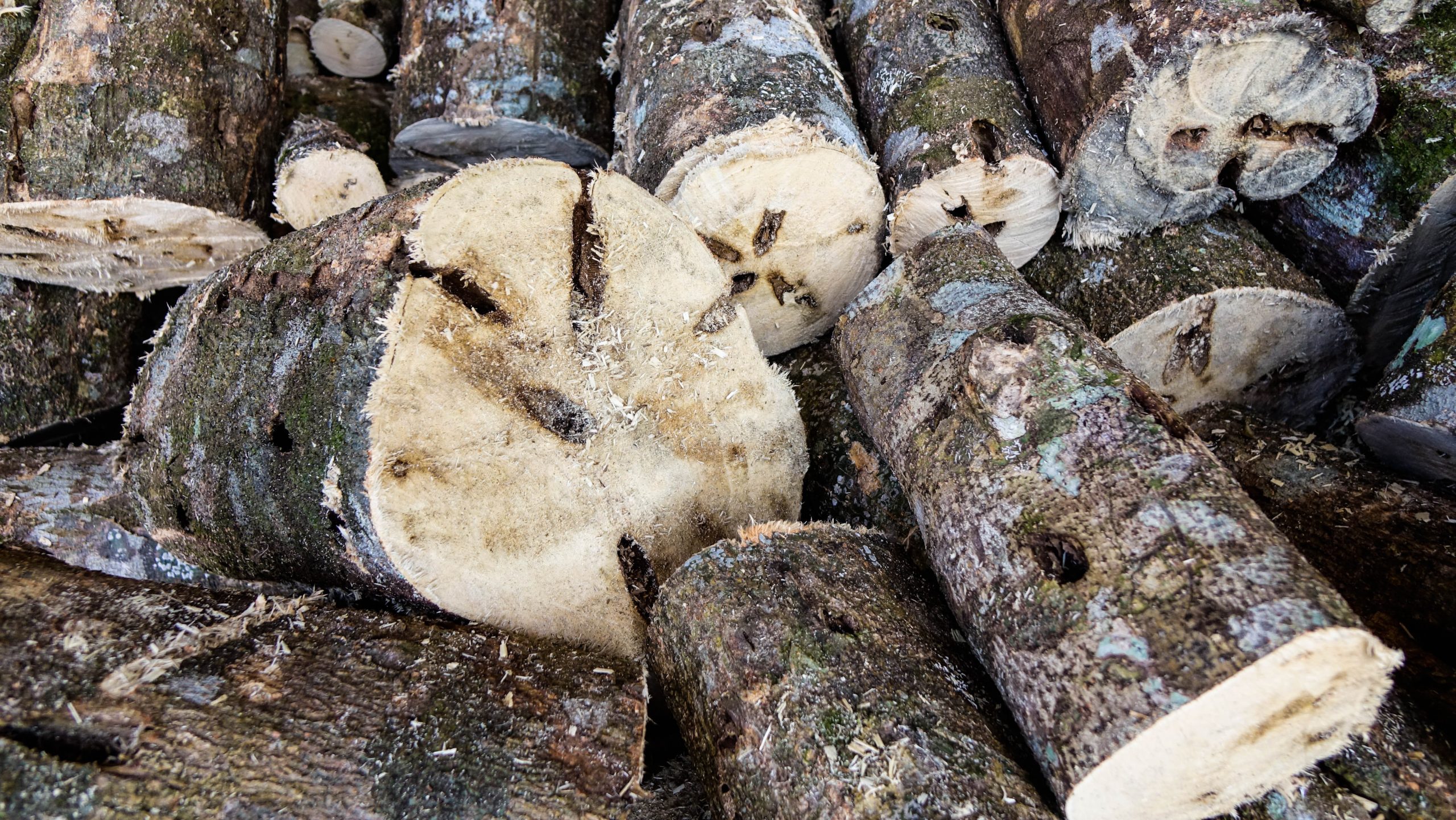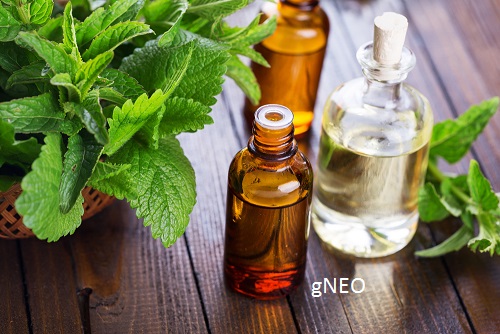Description: Rose Oil is used as Antidepressant, Antiphlogistic, Antiseptic, Antiviral, Aphrodisiac, Astringent, Bactericidal and many more. This rose essential oil is commonly called attar and is perhaps one of the most sought after attars produced in India for centuries even today using old traditional methods. The qualify of rose oil produced in India differs from region to region and where the plant is cultivated. Uttar Pradesh is where the best rose flowers are grown and in demand due to quality of oil these rose flowers produce.
Rose flowers are also produced in other regions of India, like Rajasthan, north mountains of India but they don’t have the same aroma as the ones produced in Kannuj area of Uttar Pradesh.
Botanical Name: Rosa damascena
Plant Part: Flowers
Extraction Method: Steam Distillation
Odor and Appearance: Yellowish to orange color oil with typical rose aroma characteristic.
Country of origin: India
Main Constituents: citronellol, geraniol, nerol, nonadecane, farnesol, phenyl ethyl alcohol (PEA), and methyleugenol.
Common Uses:
- Perfumery: It is a prized ingredient in high-end perfumes and fragrances, often serving as a top or middle note for its romantic and floral aroma.
- Aromatherapy: Rose oil is used in aromatherapy to promote emotional well-being, reduce stress, and uplift mood. It is believed to have calming and antidepressant properties.
- Skincare: Rose oil is added to skincare products like creams, lotions, and serums due to its potential benefits for promoting healthy-looking skin, reducing the appearance of wrinkles, and hydrating the skin.
- Massage: It is used in massage oils to create a luxurious and soothing experience, helping to relax muscles and reduce tension.
- Bathing: A few drops of rose oil can be added to a warm bath for a fragrant and indulgent bathing experience.
- Cosmetics: The cosmetic industry incorporates rose oil into various products, including lip balms, makeup, and hair care items, for its pleasant scent and potential skincare benefits.
- Aphrodisiac: Rose oil is sometimes associated with romance and is used in aromatherapy to enhance the romantic atmosphere.
- Meditation and Yoga: Its soothing aroma is used during meditation and yoga practices to create a calming and focused environment.
- Stress Relief: Inhaling the scent of rose oil is believed to help reduce stress and anxiety, making it a popular choice for relaxation.
- Emotional Balance: Some people use rose oil to address emotional imbalances and promote a sense of inner peace.
Note: Middle note.
Blends well with: Geranium, Jazmine, Clove, Palma, Lavender.
Contraindications: As one of the friendliest essential oils, rose exhibits no significant side effects to the skin or body when used in moderation. However, although its aroma can eliminate headaches, fever and nausea, inhaling for an extensive period can do just the opposite. Because of rose oil’s effects on the reproductive and circulatory systems, it should be avoided during pregnancy. Moreover, there is not enough information to support or disprove whether rose oil has any effects on the fetus. Always test for sensitivity before widespread use on the skin by first applying it to a small, relatively safe area, such as the feet. Rose essential oil is considered safe to use undiluted, but it’s always advisable to use a suitable carrier oil like almond or jojoba when administering to the skin.
A solution of rose and lavender is known to possess strong uplifting effects and is often served to new parents to alleviate symptoms of postpartum depression.
*These statements have not been evaluated by the Food and Drug Administration. This product is not intended to diagnose, treat, cure, or prevent any disease.*
Like us on Facebook.
Please contact us for larger quantity –> Click here…








Reviews
There are no reviews yet